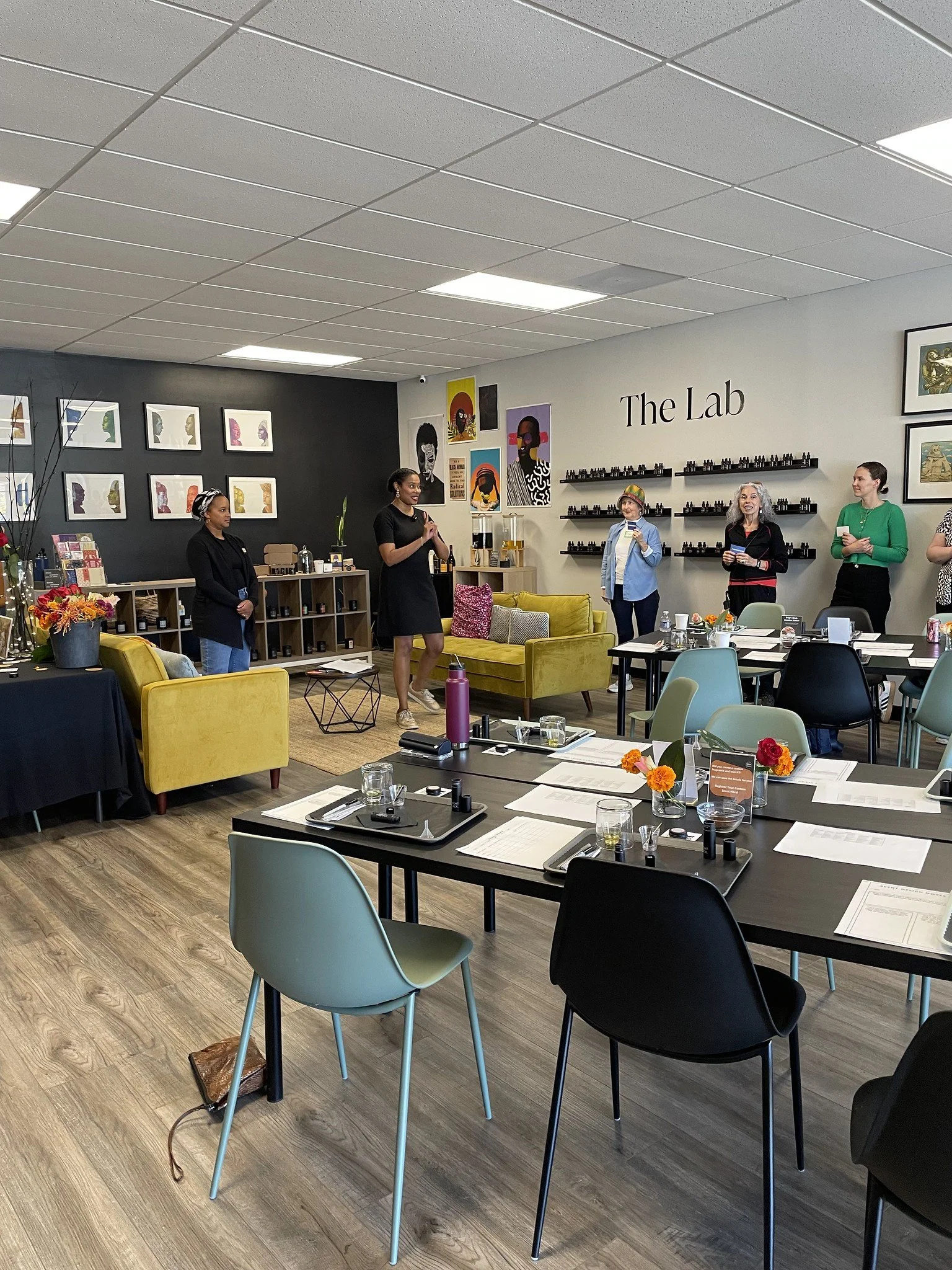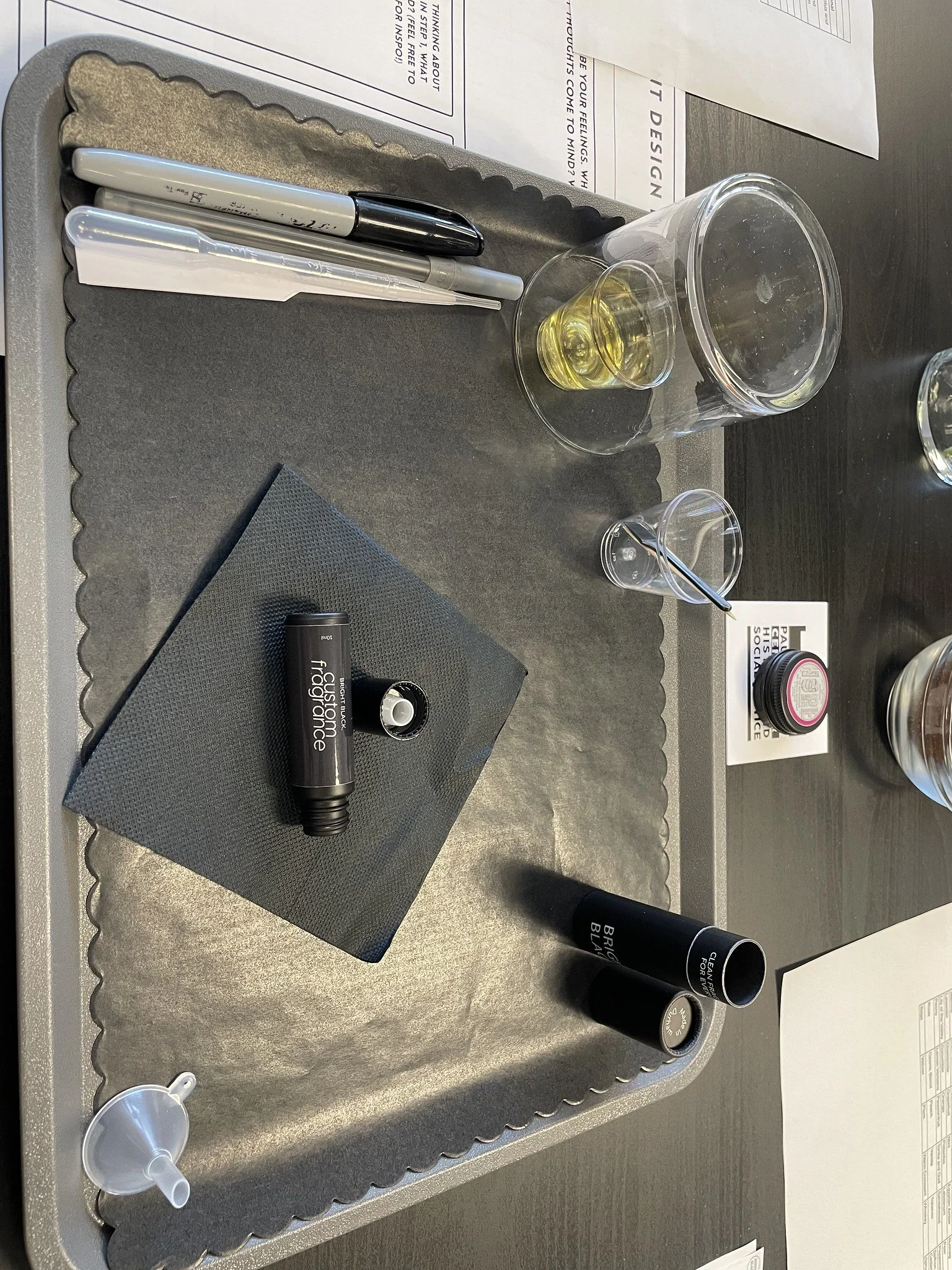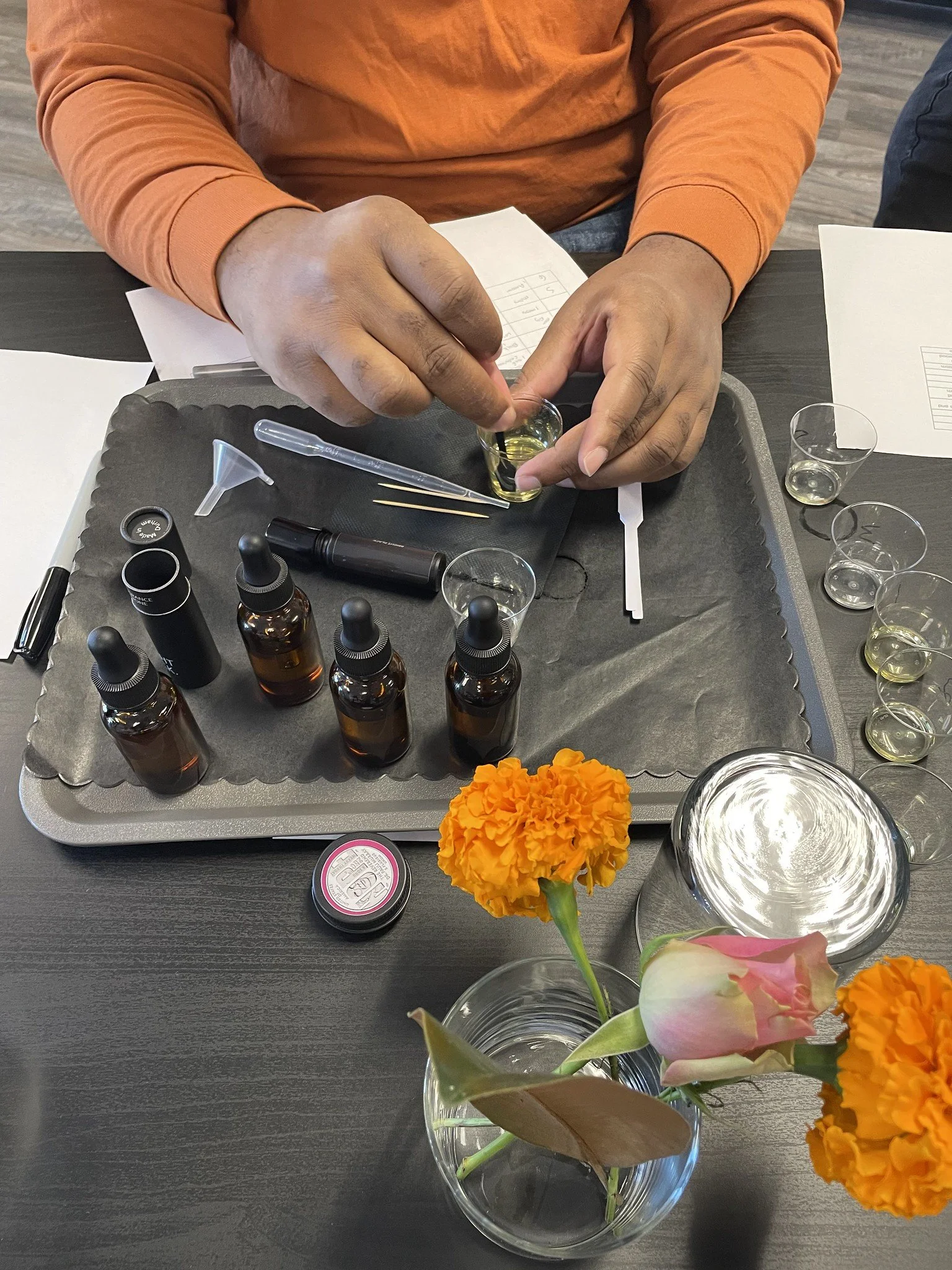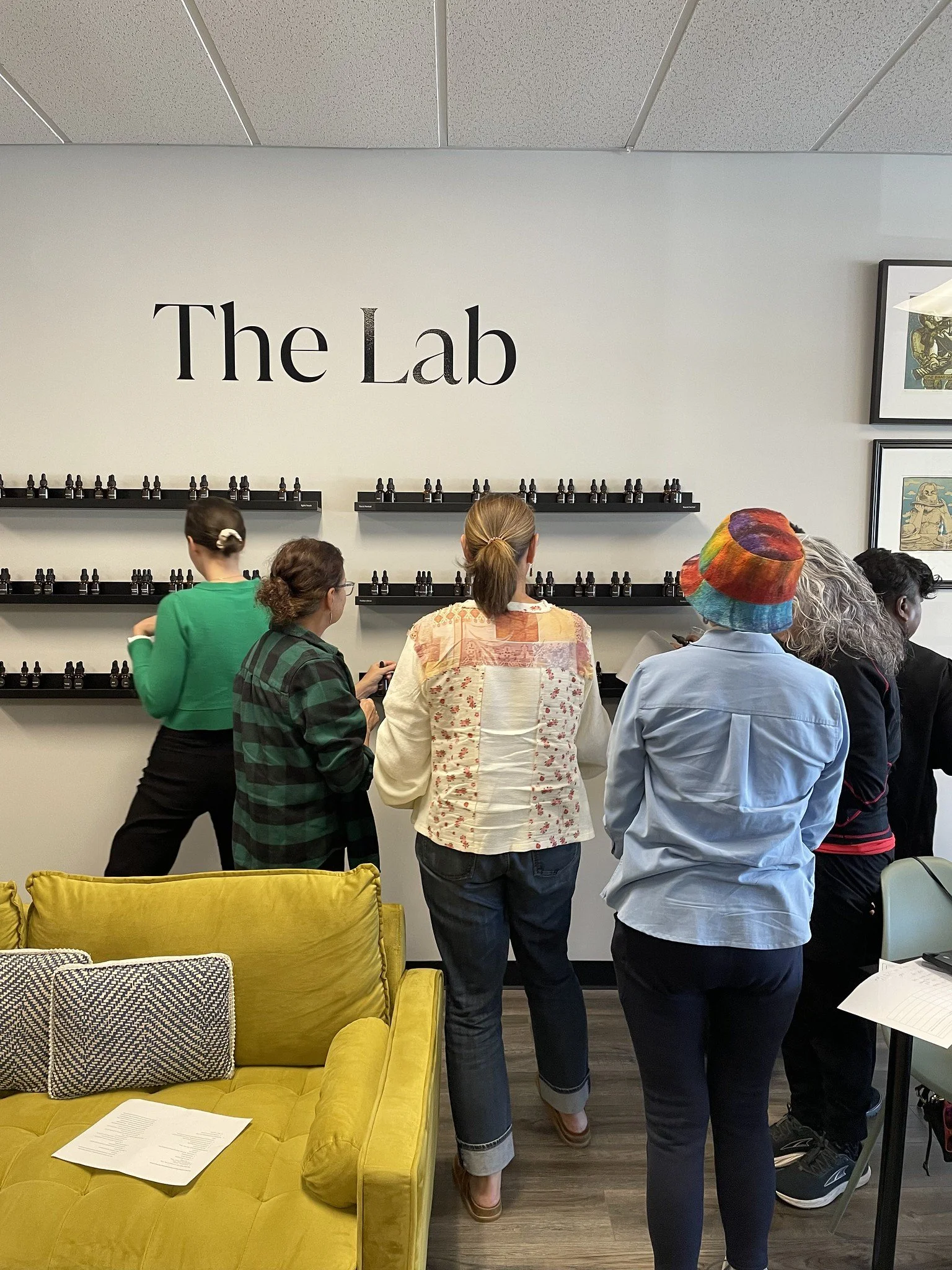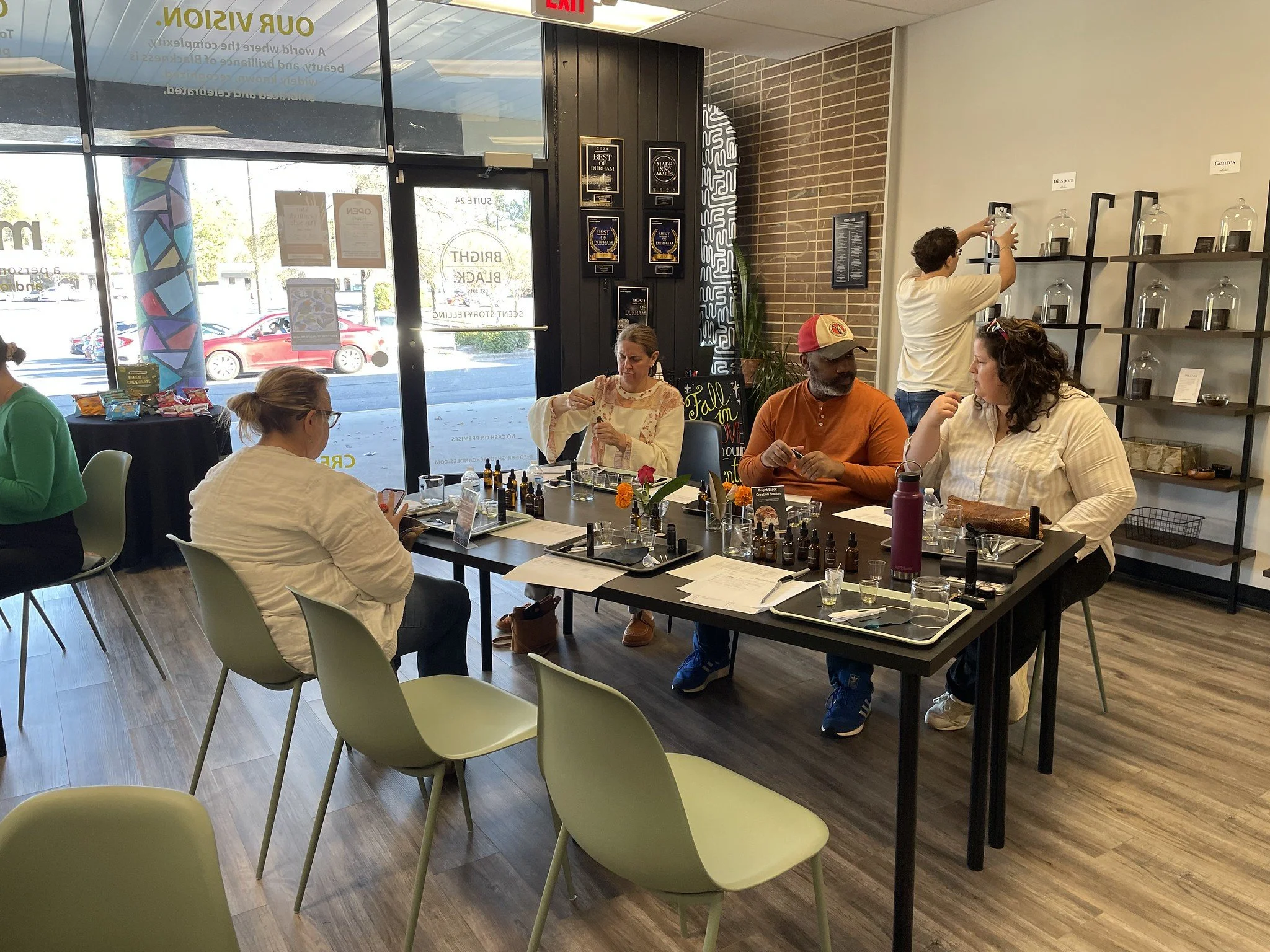What is the Pauli Murray Center?
The Pauli Murray Center is a nationally significant history site, anchored by Pauli Murray’s childhood home built by her grandparents in 1898 at 906 Carroll Street in Durham, North Carolina. By connecting history to contemporary human rights issues, the Pauli Murray Center activates visitors of all ages to stand up for peace, equity and justice.
We are open and welcoming to everyone: students, families, visitors to Durham, people of faith, aspiring young LGBTQ+ activists, civil rights lawyers, divinity school students, artists and poets, history-minded West End neighbors, scholars, and community leaders. Our programming encompasses public history, education, arts and activism. For many, the Center serves as a historic site, incubator, oasis, and sacred space.
Inspiring activism will lead the way to Pauli Murray’s dream for a just world. It is our hope that the Center will launch the next generation of Pauli Murray firebrand leaders – smart, motivated and determined activists who will demand a world that enables all ideas, amplifies many voices and honors everyone’s contributions.
We are excited to celebrate our first year as an open Pauli Murray Center with a robust calendar of workshops, on the ground and virtual education; community dialogues and invitations to action that address enduring inequities; and creative arts programming!
Explore our mission and values here.
Why does the Pauli Murray Center matter?
Black history, feminist and women’s history, LGBTQ+ history, and activist history is important and needs to be remembered and shared widely. “The past is the key of the present and the mirror of the future,” writes Robert Fitzgerald, Pauli Murray’s grandfather in his 1867 diary. Murray understood the power of history and the power of monuments and historic places. Murray’s childhood homestead, like other historic sites, bring these stories to life and preserves them for the future.
But, only 3% of the 95,000 entries in the National Register of Historic Places focus on the experiences of African Americans, 4% focus on the experience of women/female perceived people, and 1% on LGBTQ+ folks. To help to shatter this pitiful statistic, the Pauli Murray Center will be a leader and model to other communities who want to know, share, and lift up the accomplishments and struggles of women; people of color; and trans, non-binary, and queer folks in their communities and beyond.
The Pauli Murray Center is impactful.
Named National Treasure by National Trust for Historic Preservation in 2015
Designated National Historic Landmark by the National Park Service in 2016
More than 60 annual engagement programs for thousands of diverse participants
For over ten years, the Pauli Murray Center has helped the world learn about Rev. Dr. Pauli Murray through presentations, publications, and on social media
The Pauli Murray Center leadership is connected to communities across the country.
National campaign to become a national historic landmark with 30 support letters and a petition with 2500+ signatures
Robust calendar of online and in-person tours, dialogues, exhibitions, and educational programs
Over 4k newsletter subscribers and around 10k followers on social media
Filming site for the documentary “My Name Is Pauli Murray”
Contributor to the official discussion guide for “My Name Is Pauli Murray”
The Pauli Murray Center is collaborative.
Successful strategic partnerships with Self-Help Ventures Fund, Duke University and SW Central Durham Quality of Life Project
Fruitful partnerships with the National Trust for Historic Preservation, National Collaborative for Women's History Sites, and Iron Mountain
One of 22 recipients of prestigious 2019 African American Cultural Heritage Action Fund Grant
One of 19 recipients of prestigious 2021 Andrew W. Mellon Foundation's Humanities In Place Grant
The Pauli Murray Center is growing exponentially.
$3.8 million raised since 2009
More than a thousand donors from 25 US states and Canada
